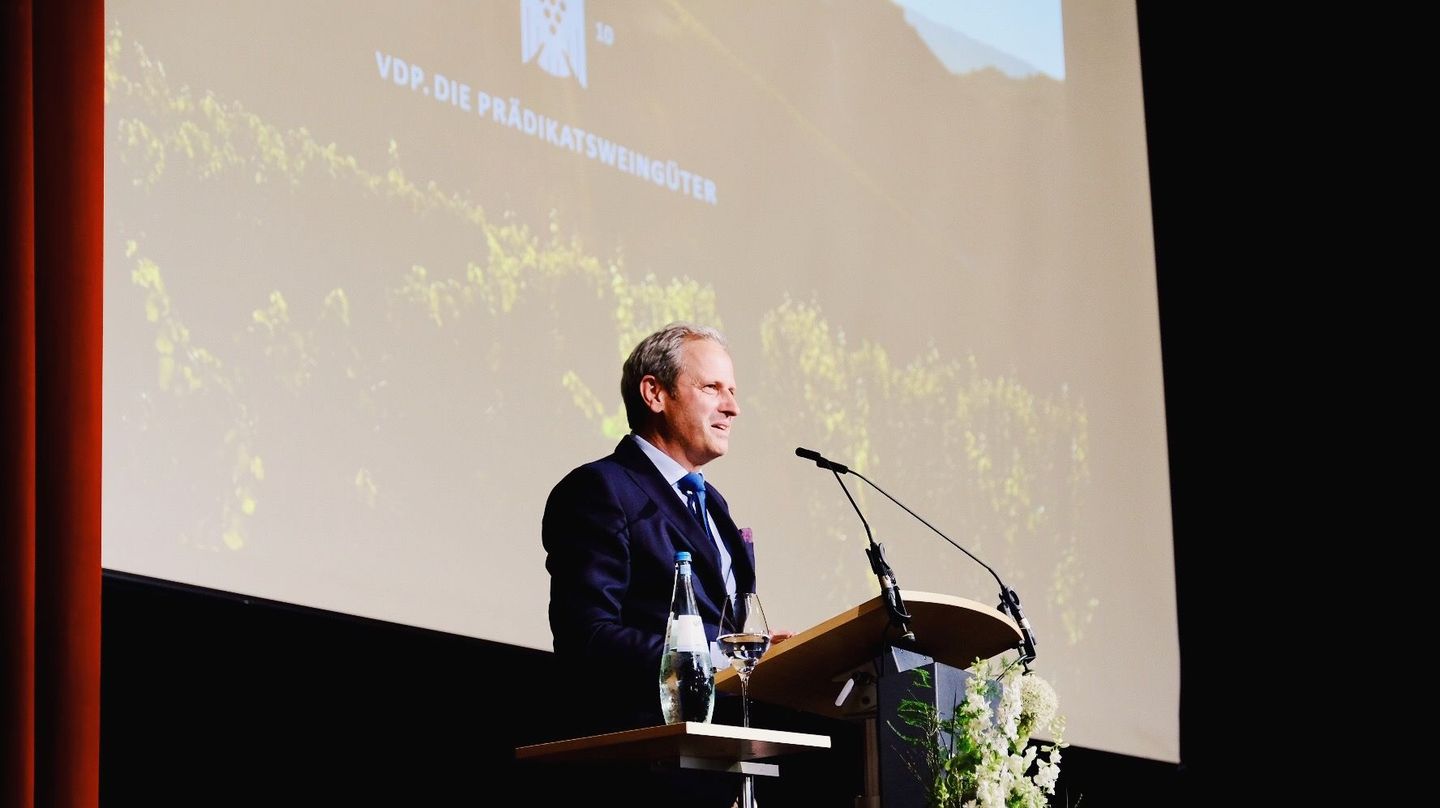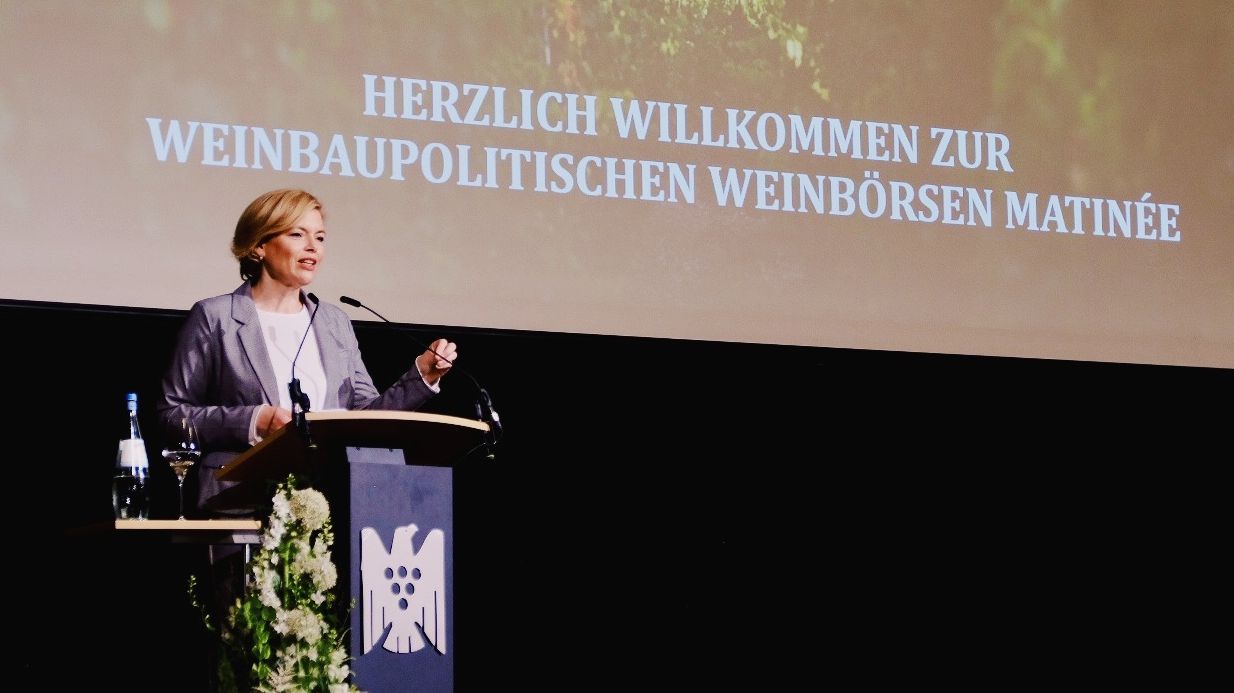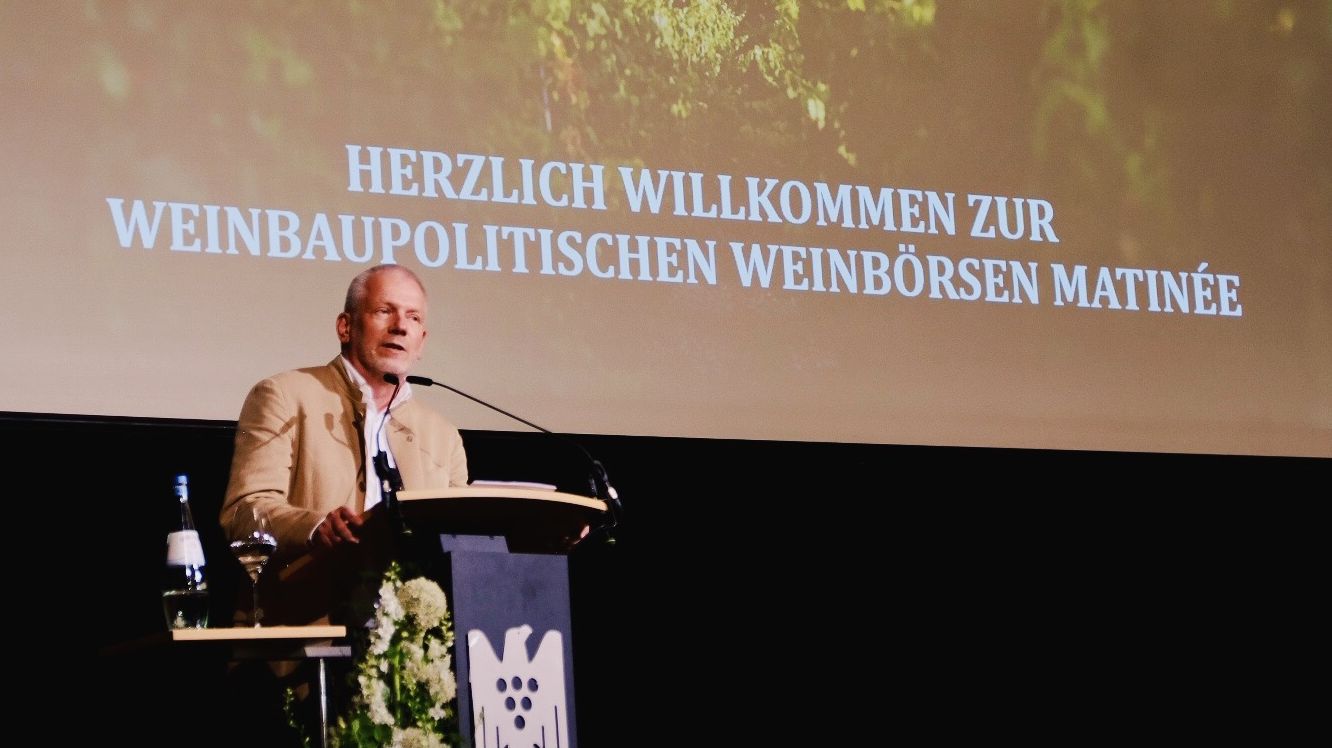After almost fifty years, Germany has once again implemented a new wine law. It focuses on the reference to origin, introduces the categories of village wines and site wines, and offers the German wine industry the opportunity to break new ground. It just has to seize the opportunities. - To mark the occasion, the VDP.Prädikatsweingüter invited guests to the Weinbörsen Matinee in Mainz to look at the issue from different angles.

Class instead of mass? Opportunities and risks of the new wine law
Steffen Christmann, VDP President
"With the new wine law and regulation, a first important step has been taken. German wine is embarking on the road to a profile of origin. At the end there must be a clear profiling of the cultivation areas (protected designations of origin). To this end, the categories German wine and protected geographical indication must be revitalized in order to clearly identify simple wines as such. Minister Klöckner really did not have an easy task, as a great deal of resistance to any form of change had to be overcome. In this environment, it was a courageous decision for German wine."

Welcome
Julia Klöckner, Federal Minister for Food and Agriculture
"The year 2020 was a real show of strength for the winegrowers - as it was for many others: Wine festivals were cancelled, the Straußwirtschaften had to close for months, and tourism also lay fallow. Nevertheless, there is also good news: Many German wine regions were nevertheless able to sell all their wine. And: The 2020 vintage stands for high quality. It does not need to hide behind the top vintages of 2018 and 2019. And also the punitive tariffs of the USA will be suspended until 2026 - an important export market especially for the winegrowers of Rhineland-Palatinate will thus be regained. The punitive tariffs of 25 percent had led to a slump in exports last year. Across the EU, exports fell by 54 percent, and German white wines were sold around 20 percent less to the USA. This agreement is very gratifying.
In 2020, the focus was on a major project: the reform of the Wine Regulation and Wine Law. Everyone involved can be satisfied with the result. Especially the crux of the reform, the establishment of the "pyramid of origin" is a great success. This legally fixed what was already established in many places. A win for consumers - and for winegrowers. This implements clear origin profiling that can be recognized at a glance on the label."

The history of wine legislation in Germany
Daniel Deckers, Editor-in-Charge of the FAZ and lecturer ford history of viticulture at Geisenheim University:
"Since the first wine law in 1893, wine designation law has always been a high-stakes field. Topics of contention have been, for example, the use of terms such as original bottling, Spätlese, Großlage and also Naturwein."
The ban on the term “Naturwein” (natural wine) by the 1969/71 wine law, for example, was also a consequence of the shift in the balance of power within German viticulture in favour of the cooperatives and the wineries. It served to enforce a new social model in the field of viticulture: the origin, often based on privileges and old ownership relationships, was no longer to be the yardstick for wine evaluation, but the "quality in the glass" to be determined according to objective criteria. The reluctance of politicians to deal with conflicts of interest between winegrowing and wine trade organizations also led to fatal undesirable developments. For example, by leaving the definition of “Großlage” and their designation to regional, even local committees in 1971, the power of definition was given to those who also had the most power in real terms, on the market.
To this day, however, wine law not only reflects power relations on the side of production and distribution. It also reflects dynamics on the side of the natural conditions of viticulture and also the change of the Zeitgeist on the side of the consumers.”
In conclusion, Deckers commented on the departure of some members from the German Winegrowers' Association against the background of the VDP's departure a generation ago and its return in the meantime with a bon mot of the SPD politician Herbert Wehner: "Whoever goes out must also come in again" (March 13, 1975).



